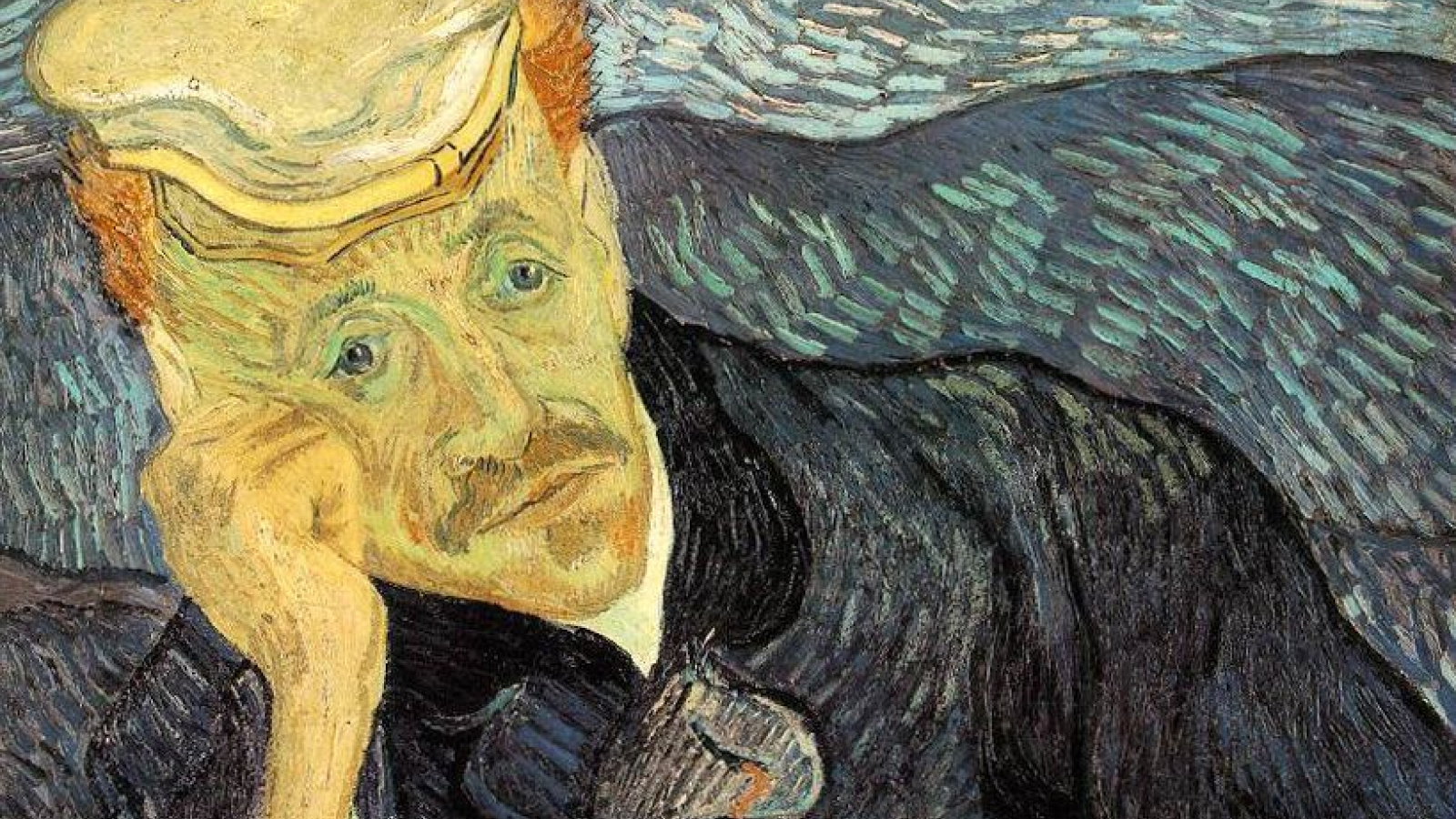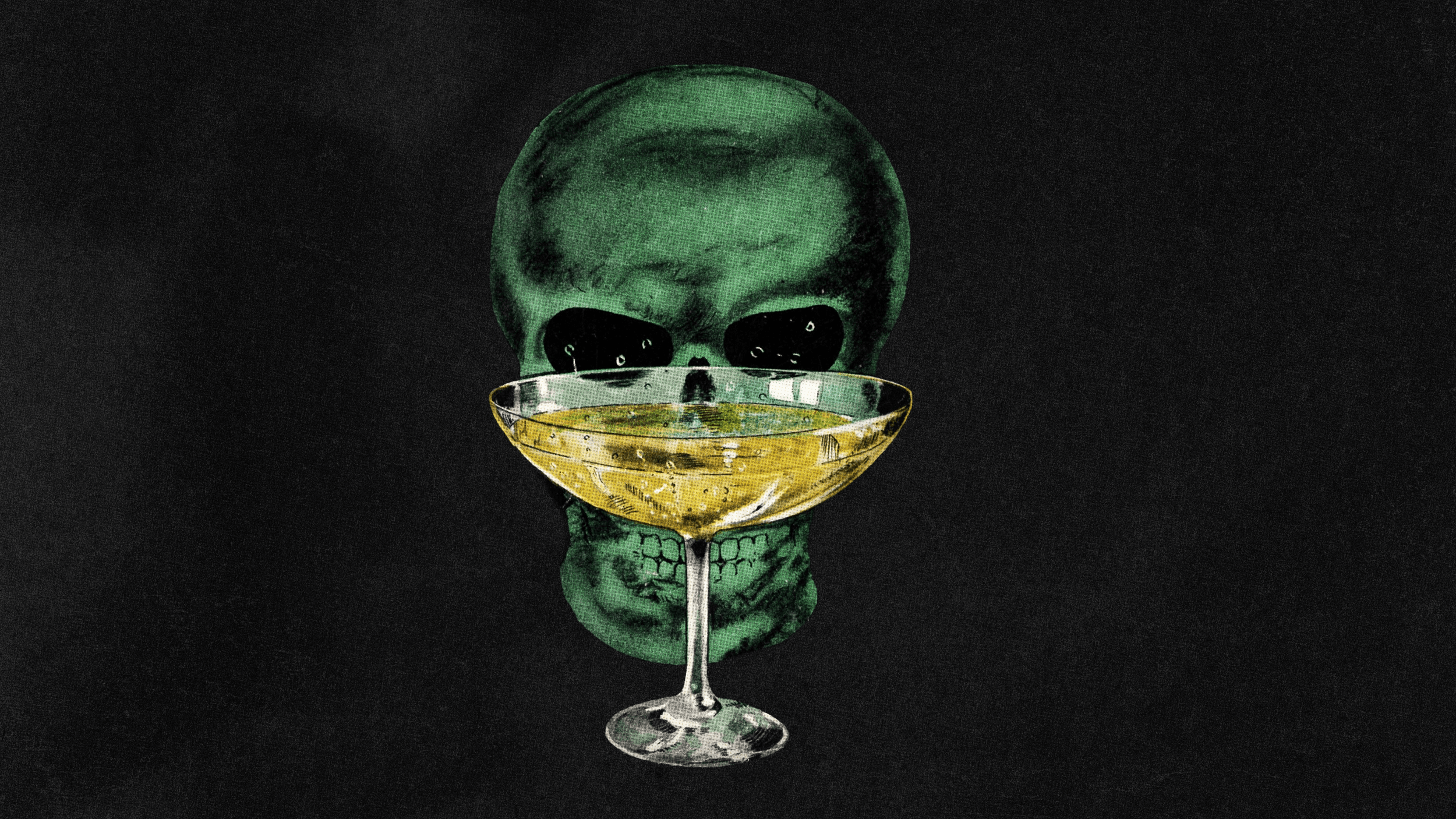As a child, NYU’s Zuckerman was entranced by Ben Casey, a flashy small screen surgeon. Decades later, he realized his hero was exactly the kind of doctor he didn’t want to be.
Question: Why did you become a doctor?
Joseph Zuckerman: I remember the specific reasons I wanted to become a doctor. This is going to sound a little foolish maybe, and I've said this numerous times before, but it was the TV show, "Ben Casey." When I was a kid, I guess I as maybe eight, nine, ten, 11, or 12 in that range. I used to watch "Ben Casey." And I thought that he was the absolutely coolest person I ever saw. Right? And he did things for people and he was able to accomplish things, made people better, and sometimes not make people better, but it was a very powerful experience for me as a kid, and it stayed with me. Now, you may recall, at that time, back in the early '60's, there was another doctor show, Dr. Kildaire. So, you had Ben Casey and Dr. Kildaire. I didn't like Dr. Kildaire that much, but I liked Ben Casey. But that's what really kind of turned me on to it.
Now, I'm going to fast-forward 40 years later. My long-time assistant, for my birthday two years ago, got me all of the Ben Casey episodes on DVD. I have to tell you, I watched a number of them and it brought back fond memories. But Ben Casey is not the doctor that I wanted to be. That's for sure. It's a whole different model of being a physician. First of all, he's a Chief Resident of Neurosurgery at a County Hospital, but he seems like he's running the whole hospital. Chief Residents don't run hospitals. In addition, he is the most out of touch, in terms of human emotions and what you have to do to talk to people and recognize their feelings and emotions, that you can imagine. Occasionally, there is this flash of light that you see some empathy or humanity in him, but for the most part, he's just kind of a brooding, stereotypical surgeon. No tolerance for anybody. Yelling at the nurses, it was really not, ultimately not the physician I or anybody else should really be.





